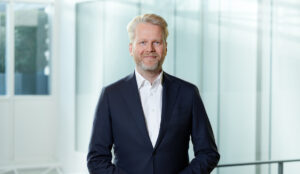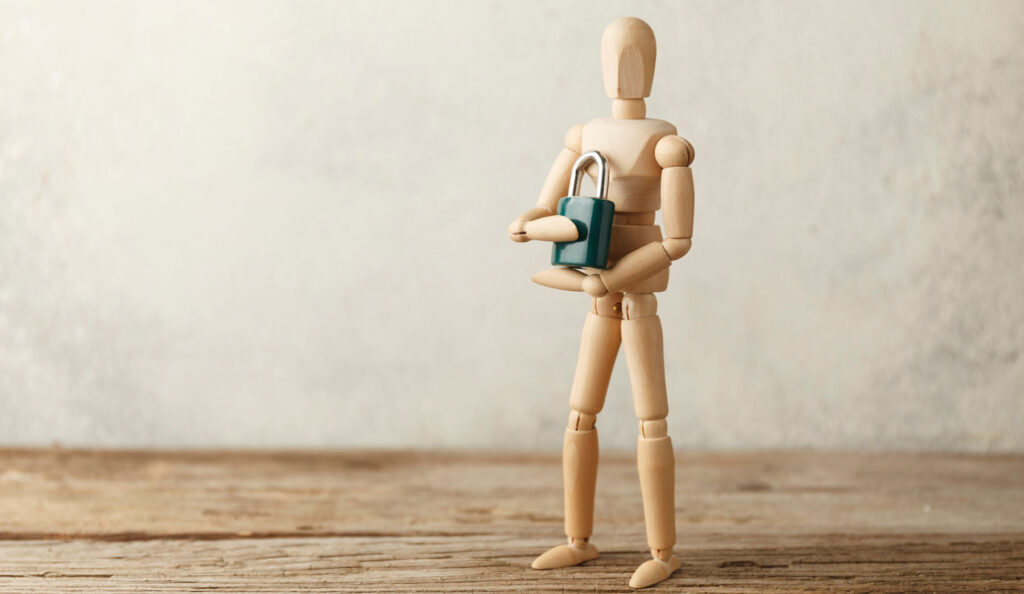
On 1 February 2019 the so-called pharmacist’s exemption was introduced in article 53 (c) of the Dutch Patent Act (“Rijksoctrooiwet”). Pharmacists are now, under certain conditions, allowed to prepare medicinal products that are covered by a patent. This undermines the patentee’s exclusive right. What is the scope of this new exemption?Article 53 (c) of the Dutch Patent Act shows certain similarities with the pharmacist’s exemption found in article 40(3)(a) of the Medicinal Products Act (“MPA”). Article 40(3)(a) MPA allows pharmacists to prepare and supply medicinal products without a marketing authorisation. This exemption gives pharmacists, under certain strict conditions, the right to dispense to their own clients medicinal products which have been self-prepared on a small scale. The question arises to what extent the application of the pharmacist’s exemption under patent law aligns with that of the MPA exemption. The Dutch Ministers of Medical Care and Economic Affairs have stated that the answer to this question will need to be given by the courts.
The parliamentary history is noteworthy: the bill containing the pharmacist’s exemption has passed the Dutch parliament more than 20 years ago, in the context of the – then pending – Community Patent Treaty (“the treaty”). However, the exemption never entered into force because the treaty was never signed.
The driver for implementing the pharmacist’s exemption now appears not to be a desire for harmonisation but rather the current discussion regarding high prices for certain medicinal products. See for example the recommendations on this topic of the Dutch Council for Public Healthcare and Society of November 2017 (in Dutch).
The question remains what the scope of the pharmacist’s exemption under Dutch patent law is. The law mentions that the pharmacist’s exemption covers the preparation of medicinal products in pharmacies “for direct use in individual cases, on medical prescription” and “actions relating to medicinal products thus prepared”. The preparation of a patented medicinal product on a structural basis without permission of the patentee, as well as stockpiling medicinal products, seem to be excluded.
In a letter (in Dutch) dated 15 June 2018, the Dutch Ministers of Medical Care and Economic Affairs provided guidance to the entry into force of the pharmacist’s exemption. Accordingly, the exemption allows that “a pharmacist, in individual cases, prepares the patented medicinal product, for example when the required dosage form or method of administration is not available to an individual patient”. There is currently no further clarity, so it will be interesting to see, for instance, whether the pharmacist’s exemption will apply when a pharmacist could just as well have taken the patented medicinal product ‘from the shelf’. The Ministers have indicated that the definitive scope of the pharmacist’s exemption is to be determined by the courts. It remains to be seen whether or not the exemption will achieve the publicly debated goal of more socially acceptable prices for medicinal products.
For more information, please contact: Jaap Bremer.

